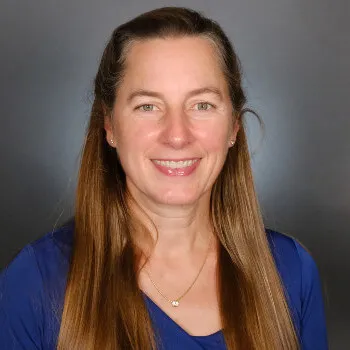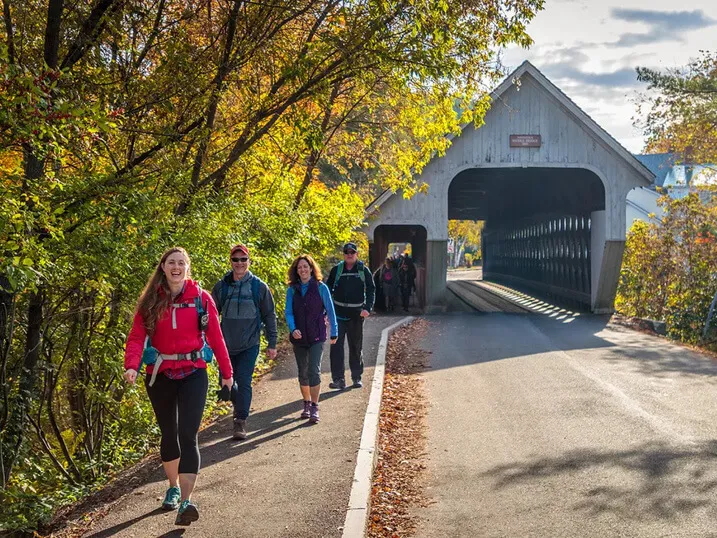The Osher Center for Integrative Health at the University of Vermont (UVM) has launched an enhanced version of the Walk With Ease Self-Directed program, aimed at helping Vermonters manage arthritis through evidence-based interventions. This initiative, based on the Arthritis Foundation's successful program, in partnership with the Vermont Department of Health's Centers for Disease Control (CDC)-funded Arthritis Program, engages UVM’s College of Nursing and Health Sciences (CNHS) students to maximize its impact.
Addressing a Major Health Concern
Clinical Associate Professor in CNHS and the Osher Center’s Education Director Karen Westervelt, PT, ATC, NBC-HWC, Ph.D. emphasizes the importance of addressing this chronic condition. "Arthritis is the number one cause of disability in Vermont and in the United States. It is a chronic condition that responds very well to movement and lifestyle interventions," she said. [1]
The Enhanced Walk With Ease Self-Directed program offers weekly contact with participants, either via email or through student coaches. This additional support aims to help participants engage with the program to walk more comfortably, and potentially improve their function, balance, and strength.
Westervelt is conducting a research project to evaluate the effectiveness of these enhancements. The model used for this program was originally developed by Springfield College in Massachusetts, which utilizes student physical therapists and healthcare provider students to support participants. "People with arthritis are often fearful of moving, out of concern that it will make their arthritis worse,” she said. “This lack of physical activity contributes to additional chronic health conditions such as cardiovascular disease.”
Making Strides for Students and Community
The program has two primary goals: First is to teach people with arthritis that they can safely participate in low-impact activities, specifically walking, stretching, and strengthening, and that being physically active can not only improve some of the symptoms of arthritis but also their overall health. “Specifically, we are interested in studying if enhancing this evidence-based program helps Vermonters to walk more, have better function and be more comfortable," Westervelt said.

The program not only benefits community members but also provides valuable hands-on experience for UVM students. The second goal of the program is to study how coaching community members in the Walk With Ease program impacts student clinical confidence and communication skills in preparation for careers in healthcare. Westervelt explains:
“We're interested in learning if participants in the program increase the time they can comfortably walk and if they continue to walk after the 6-week program ends. We are also interested in researching the impact of participation on the students longitudinally…to learn if students who work with a community member improve their clinical confidence and help their communication skills in the immediate sense—for example, will they feel that better prepared for clinical work when they graduate? Additionally, we are following the students for 18 months to understand their referral patterns after graduation and when they are working.”
Moving into the Future
The enhanced version of the Walk With Ease program is a proactive and beneficial initiative that can address a chronic condition—and key challenges within the healthcare system. “To better support people with chronic conditions,” Westervelt said, “We need health care providers to help their patients transition to community-based programming for ongoing care,” such as the National Arthritis Foundation’s programs that are evidence based and being supported by the Vermont Department of Health.
Participants are already working with student coaches to get the most benefit they can from the program. Westervelt plans to publish her research when the three-year initiative with the VT Department of Health ends and, by combining this evidence-based programming with additional support, she is ensuring UVM makes strides in improving the lives of Vermonters with arthritis. “My hope is that if we can teach ways for the next generation of health care providers to support this transition and recommend evidence-based health promotion programs in the community,” she said, “we can help a lot more people."
